Content from the Brookings Institution India Center is now archived. After seven years of an impactful partnership, as of September 11, 2020, Brookings India is now the Centre for Social and Economic Progress, an independent public policy institution based in India.
This article first appeared in Live Mint. The views are of the author(s).
On 13 October, US President Donald Trump, in a much-anticipated move, declared Iran a “rogue regime”, a sponsor of terrorism, and an aggressor in the Middle East. Although none of this relates to the hard-negotiated Joint Comprehensive Plan of Action (JCPOA) on Iran’s nuclear programme, Trump announced that he would no longer certify—as mandated by the US congress’ Iran Nuclear Agreement Review Act (Inara)—that Tehran was in compliance of the deal. In doing so, Trump may have set the stage for war with Iran and for further nuclear weapons proliferation in the Middle East and North-East Asia. Trump’s pronouncement also has major implications for India.
Trump’s populist speech ignored International Atomic Energy Agency (IAEA) reports, which have consistently noted that Iran has been in compliance of its JCPOA obligations. He also disregarded pleas of his own cabinet as well as other parties to the JCPOA, particularly the European allies, who were also involved in the painstaking negotiations with Iran. Instead, the speech was primarily aimed at appeasing his domestic base and allies like Israel and Saudi Arabia. This is evident from the emphasis on “the regime’s destabilizing activity and support for terrorist proxies in the region”, “financing of terror”, and “proliferation of missiles and weapons that threaten its neighbours”. Although all of these are of concern to Washington, it is not clear how abandoning the deal would compel Tehran to alter its behaviour in the region.
Yet, despite the shrill tone of Trump’s declaration to decertify Iran, he stopped well short of pulling out of the JCPOA—for now. Trump’s speech was, at best, an effort to preserve the JCPOA for the present but also threaten its future. Instead, he warned a Trump-weary, Republican-dominated congress that he would terminate the deal if it did not address the JCPOA’s “sunset clause”, which concludes the deal around 2030, as well as restrictions on Iran’s missile programme. Worse, Trump imposed unilateral sanctions against Iran’s elite Islamic Revolutionary Guards Corps, the first time that the US has imposed sanctions against the armed forces of another country. This myopic and dangerous move is likely to instigate Iran’s force to step up its activities, particularly in Syria.
Against this backdrop, the US congress has three options. First, it could ignore Trump’s decertification. Given that the IAEA is authorized to regularly report on Iran’s compliance, the congress could simply accept these reports in lieu of certification by the Trump administration. This move, however, would render Inara ineffective. Second, the congress could insist that the administration has to justify with much more evidence its decision to decertify. At present, the administration has offered mere innuendos and argued that Iran “is not living up to the spirit of the deal”, implying that it is in compliance with the letter of the deal. Any intransigence on the part of the White House might compel the congress to block other items put forward before it by the administration. A third possibility is that the congress, which has never been very fond of the JCPOA to begin with, might actually take up the administration’s call to either sanction Iran again or to agree that the deal should be renegotiated. Given the differences within various congress factions and the difficulty of renegotiating a complex multi-party deal, this is the least likely option.
To read more, please click here.

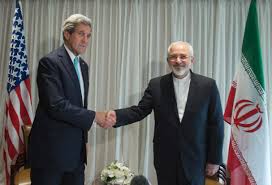
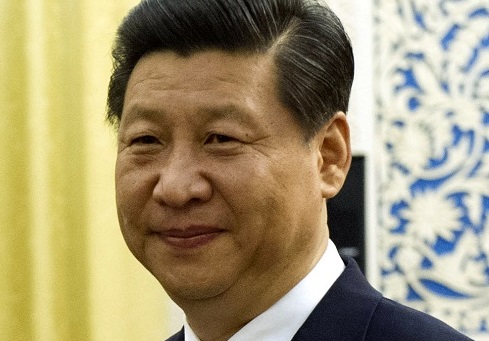
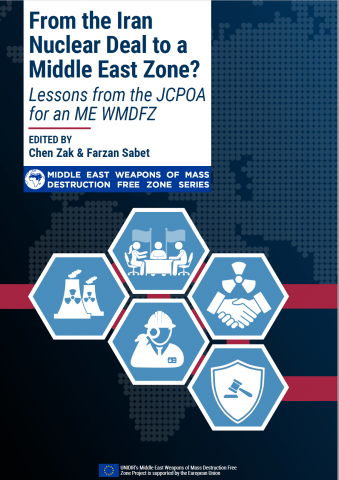
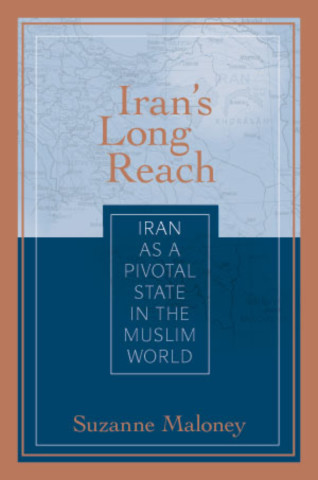

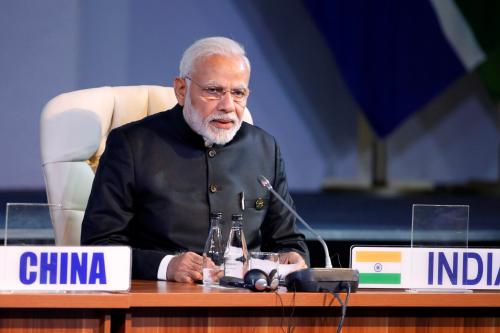
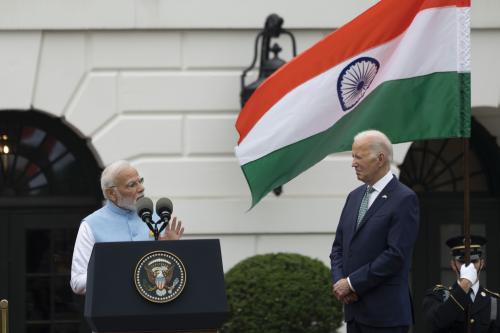

Commentary
Op-edDonald Trump’s Iran folly and India’s dilemma
October 22, 2017